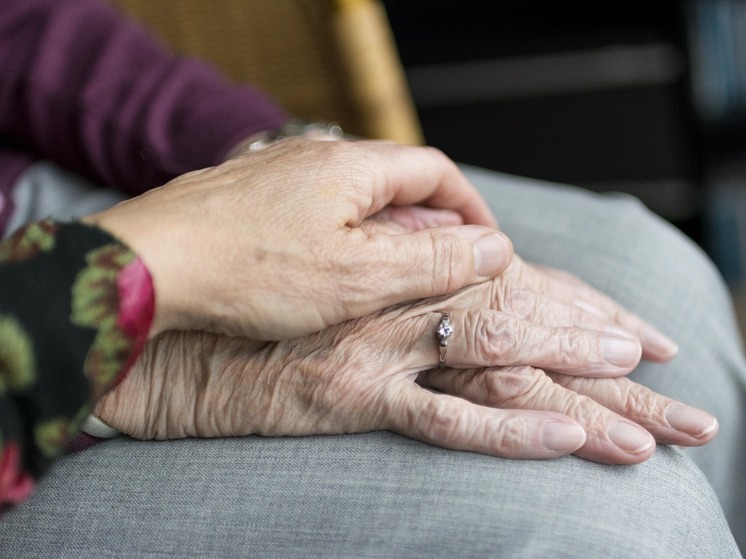Dangerous practice of brain cell harvesting was banned 40 years ago
Alzheimer's disease can be spread from person to person through certain medical procedures, a new study suggests. Several patients who received human growth hormone from deceased donors in a now-banned practice developed signs of this dangerous disease. Scientists say the findings raise the importance of measures such as ensuring the effective decontamination of surgical instruments.

New research suggests that Alzheimer's disease can be spread from person to person through rare health accidents, although experts stress there is no evidence that the disease can be passed from person to person during daily activities or routine care.
The data collected suggests that several people who received growth hormone from the pituitary glands of deceased donors developed early stage Alzheimer's disease, probably because the hormones used triggered the development of the disease.
“We don't suggest for a minute that you might get Alzheimer's disease. This is not transmitted in the same way as, for example, a viral or bacterial infection,” said study co-author and director of the MRC’s prion unit, Professor John Collinge. “It only occurs in cases where people have been accidentally inoculated with essentially human tissue or human tissue extracts containing these seeds, which, fortunately, is a very rare and unusual circumstance.»
The team says the new work adds new weight to the idea that Alzheimer's disease shares similarities with prion diseases.
Prion diseases, which include Creutzfeldt-Jakob disease (CJD), kuru and rabies (BSE) , are caused by infectious misfolded proteins that multiply in the brain. These diseases usually occur spontaneously, but in more rare cases they can result from a genetic mutation or be transmitted through an infection of the brain or nerve tissue.
In a paper published in the journal Nature Medicine, Collinge and colleagues report that between 1959 and 1985, at least 1,848 patients in the UK received human growth hormone isolated from the pituitary glands of deceased people.
However, this the practice was banned in 1985 after it was discovered that some patients subsequently died from CJD as a result of hormone samples being «contaminated» with proteins that cause the dangerous disease.
Of the 80 such cases in the UK, some were also found to have a protein called beta-amyloid in their brains when they died, a hallmark of Alzheimer's disease. Although it was unclear whether they would subsequently develop symptoms of Alzheimer's disease, other studies have shown that amyloid beta was present in some batches of the hormones, and that they caused Alzheimer's-like disease when administered to mice.
The researchers reported results from all eight people who attended the National Prion Clinic between 2017 and 2022.
All received human growth hormone obtained from deceased people, but they did not have CJD. Five had symptoms of dementia meeting clinical criteria for Alzheimer's disease with onset at age 38 years. Three of these patients had brain scans consistent with the diagnosis, while two had biomarkers that met criteria for Alzheimer's disease.
One of the other three patients had mild cognitive impairment, one had self-reported cognitive difficulties, and one had no such symptoms, with the first having autopsy findings consistent with Alzheimer's disease and the second meeting biomarker criteria for the disease.< /p>
Five patients had DNA evidence, but only one had a genetic risk factor for late-stage Alzheimer's disease, and none of them had genetic variants known to cause early-stage Alzheimer's disease.
The researchers add that the patients experienced some symptoms that were different from those typical of Alzheimer's disease, which either occurs spontaneously or is associated with genetic risk, suggesting that this may be due to either their disease having a different origin or arising from — for different «strains» of amyloid beta.
University of Manchester biochemistry professor Andrew Doig stressed that experts were very cautious about the transfer of brain tissue between people, and cautioned that the study involved only eight patients, with some of which lacked genetic data, while direct evidence for the presence of different strains of beta-amyloid was not yet available.
“Although the new type of Alzheimer's disease being reported is of great scientific interest as it reveals a new way the disease spreads, there is no reason to be afraid of it, since the way the disease was caused was stopped more than 40 years ago,” Doig reassured the public.


